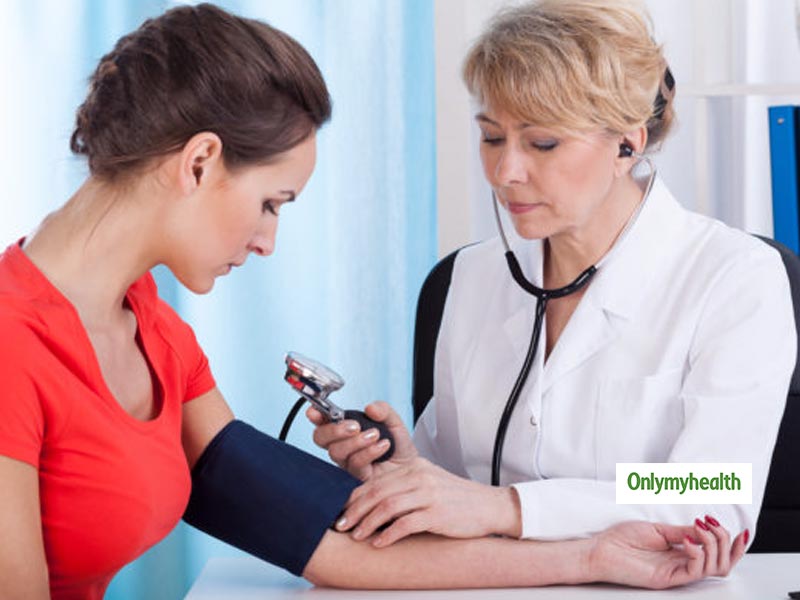
Hypertension is a common health problem, which is a cause of worry for many. Several reasons contribute to health issues of high BP, including unhealthy lifestyles, genetic factors, sedentary lifestyles, etc. However, in women, high BP can be a reason for several other internal factors as well. In hypertension cases, there is excess pressure in the blood vessels, which requires the heart to pump more blood. In many cases, the pressure is such that the blood vessels burst, leading to strokes and instant deaths. Not only this, but high blood pressure can also result in kidney failure, blindness, and rupturing of blood vessels. High BP is common in men and women alike, especially after the age of 40. However, women undergo several changes in their bodies after the age of 30. There are hormonal changes, pre-menopause, post-menopause, pregnancy, etc. All of these natural phenomena means a lot of changes in the functioning of a woman's body. In times like these, women often face health concerns like high BP. A woman's body behaves differently and has several signs and symptoms.
Table of Content:-

There Can Be Varied Reasons
There can be many reasons for high blood pressure in women. Many changes take place in their body at different stages and age-groups. In all of these stages, there are various health concerns that they face. High blood pressure is one of them. In particular, conditions like pregnancy, birth control and menopause increase the risk of hypertension by leaps and bounds.
Also Read: Chronic Fatigue Syndrome And Its Impact On Women
It has been found in some research that high blood pressure is seen more in women who resort to birth control pills. It is also common in women who are overweight or have suffered from high blood pressure during their first pregnancy or those with a family history of high blood pressure and kidney problems. On the other hand, if you smoke along with birth control pills, the chances of high blood pressure also increase manifold.
Common In Pregnancy

Women who never have high blood pressure also face this health concern during pregnancy. If it occurs after 20 weeks in the pregnancy, it is called gestational hypertension, which ends on its own after delivery. However, it is very important to treat it during pregnancy. Otherwise, it can prove to be dangerous for both mother and child. Preeclampsia is also a condition that is related to gestational hypertension. It is usually measured by high blood pressure, and elevated protein remains in the urine. Symptoms include high blood pressure, headaches, liver or kidney problems and sometimes sudden weight gain and swelling. The delivery of the baby is the only treatment for preeclampsia because the problem goes away shortly after the birth of the child.
Also Read: Ladies, Include Folic Acid In Your Diet Before Pregnancy
Menopause
Women may also face issues of high blood pressure in the early stage of menopause or even after menopause. It is essential to check your BP, especially during the menopause stages for proper care and medication.
How To Control BP

- Keep a check on your weight and reduce if you are on the obese side.
- Exercise for one hour daily for an active lifestyle
- Take a diet that is limited in calories and full of nutrients. Also, reduce the saturated fat in it. Keep the amount of salt and sodium low.
- Always monitor it if you have high blood pressure. At the same time, some medicines which control high blood pressure can also be consumed on the advice of the doctor.
Read more articles on Women's Health
Also watch this video
How we keep this article up to date:
We work with experts and keep a close eye on the latest in health and wellness. Whenever there is a new research or helpful information, we update our articles with accurate and useful advice.
Current Version